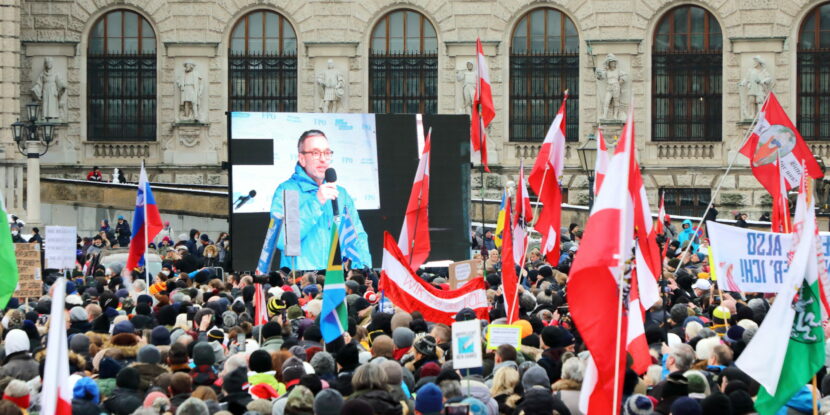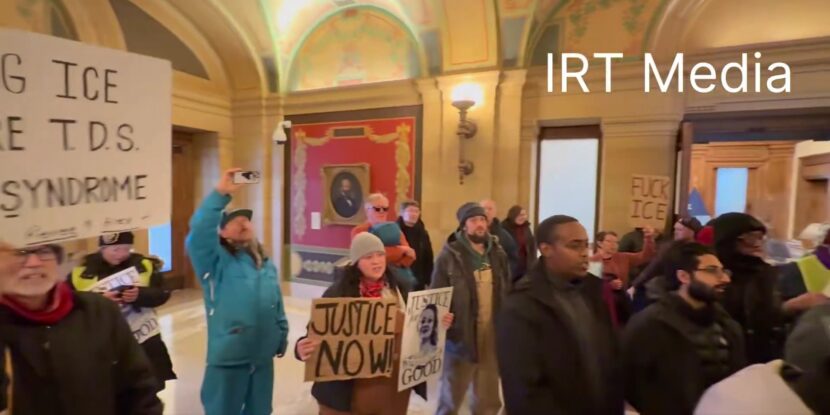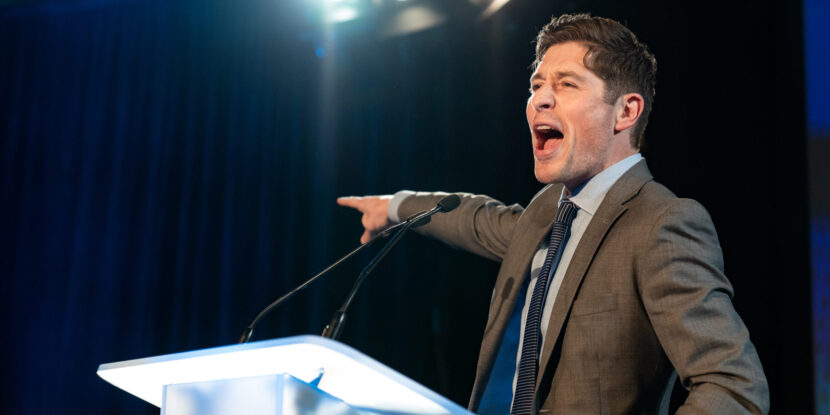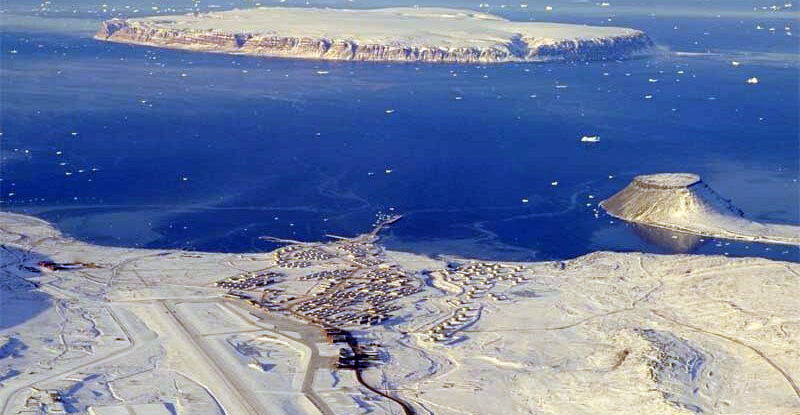Austria’s populist Freedom Party (FPOe) achieved its largest election success in the party’s history on Sunday, September 29, as young voters flocked to support the anti-mass migration party and its “remigration” policies. The FPOe won 29.2 percent of the national vote, beating their previous record of 26.9 percent back in 1999 when the party entered a coalition government as the junior partner of the center-right Austrian People’s Party (OeVP).
Herbert Kickl, leader of the FPOe and an ally of Hungary’s Viktor Orban in the European Union (EU), ran on an anti-mass migration platform and endorsed the concept of “remigration,” which could see large-scale deportations of illegal aliens and possibly incentives for migrants to return to their home countries.
“These invaders want to harm us, endanger our security and our prosperity,” Kickl said during the election campaign, calling for “Fortress Austria.”
The FPOe has become very popular among young voters, attaining first place among those under the age of 34 and winning 37 percent of the vote among those aged 35 to 59.
Despite winning the election, Kickl and his party will have to form a coalition government with another party for a majority in the Austrian parliament. Unlike Germany‘s Alternative for Germany (AfD) and France’s National Rally (RN), there is no so-called cordon sanitaire against the Austrian populists, with all other parties colluding to shut them out of office. This means there is a realistic prospect the FPOe could form a government with the center-right OeVP.
The OeVP last formed a coalition with the FPOe in 2017, which lasted until 2019. However, the OeVP was the senior partner in that coalition, and it is unclear whether it would accept a junior role with Kickl rather than an OeVP politician becoming Chancellor.
The Social Democrats, Greens, and liberal NEOS group have all ruled out working with the FPOe.
Austria national parliament election today:
Final seat count:
FPÖ-PfE: 56 (+25)
ÖVP-EPP: 52 (-19)
SPÖ-S&D: 41 (+1)
NEOS-RE: 18 (+3)
GRÜNE-G/EFA: 16 (-10)
+/- vs. last election➤ https://t.co/7wdXPVoSYN#nrw24 pic.twitter.com/ozr0mhIY6F
— Europe Elects (@EuropeElects) September 29, 2024




















